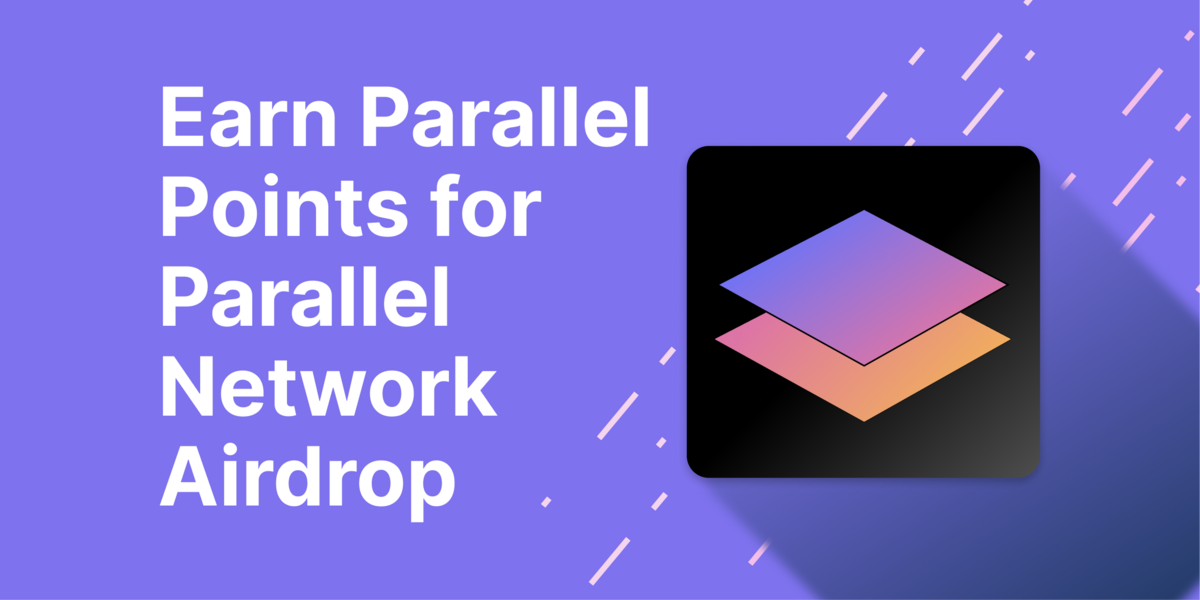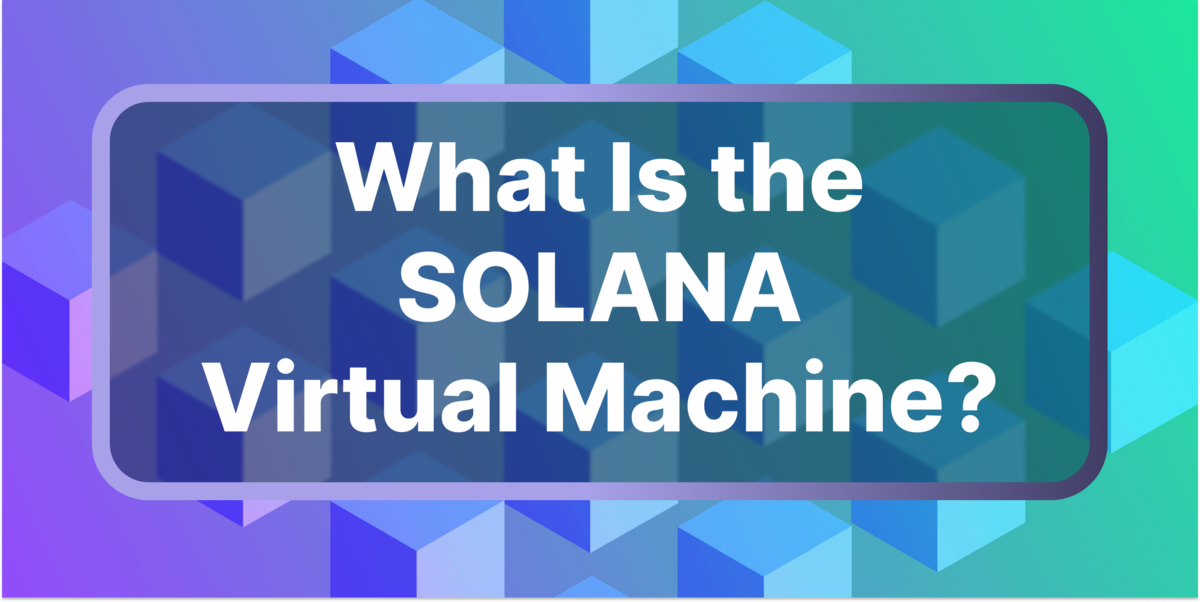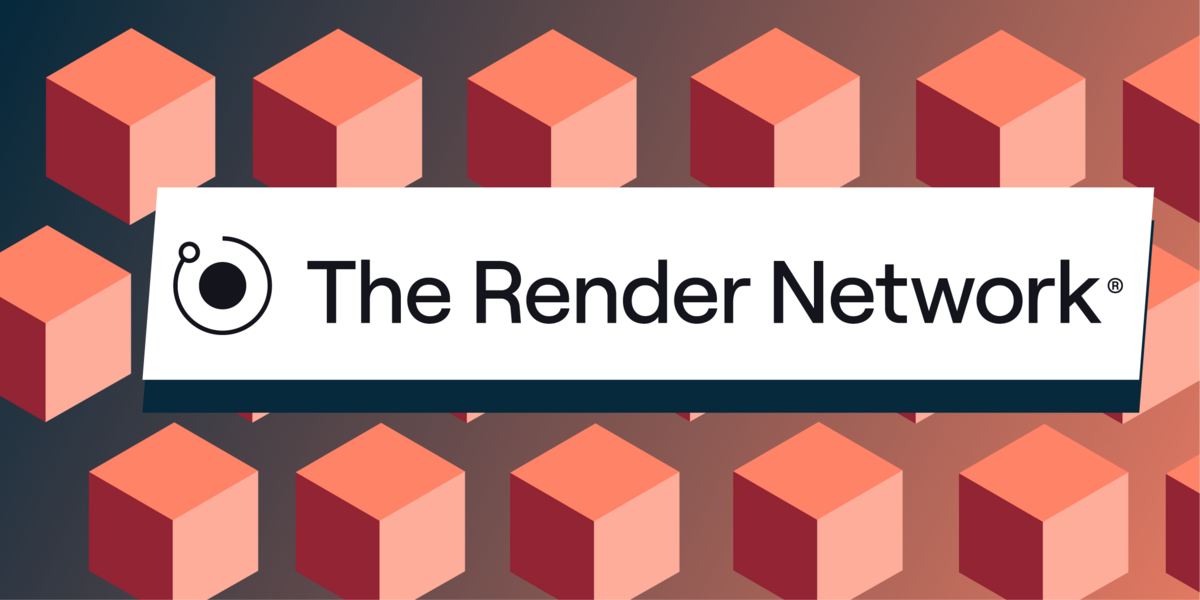Dash, created in 2013 by Evan Duffield and originally called Darkcoin is a privacy-centric virtual currency targeting elements of digital cash and ultimate fungibility in the online world. Evan Duffield feels that the Bitcoin community has not addressed the issue of digital fungibility and feels his creation will be a superior “competitor” in the future.
On top of starting this new altcoin, Duffield also created a new mining algorithm called X11 which have been used by many altcoin developers since. Currently, Dash has a lot to offer including anonymous and instant transactions within a community governance system that is completely decentralized.
Recently, the Dash team released a voting system mechanism over its unique masternode network. Duffield feels that additions like this to the protocol represented in the core infrastructure of Dash will allow the cryptocurrency to overtake the competition. The creator believes that Dash will end up with an entirely different “architecture” than Bitcoin and will be “vastly superior” as far as true decentralization is concerned.
CoinGecko had a chat with Evan Duffield to get some insights and perspectives on Dash. Evan let us know how he feels his creation is revolutionizing the cryptocurrency world and how the network itself aims to keep the privacy-centric token innovative throughout its core and expand outwards from there.

CoinGecko: How long have you been coding and what got you into cryptocurrency?
Evan Duffield: I started coding when I was fifteen years old. I am almost 34 now so that's quite a while back. I got interested in coding because it was pretty neat before getting more serious during high school where I received some jobs doing it before moving around the corporate environment.
I heard about cryptocurrency in early 2010 but ignored it for a few months. I saw it again and said to myself that I have to check it out. Then, I went to read the white paper, started doing some research and I thought "Wow this is earth shattering."
Back then no one believed it was going to last. However, I saw that the technology backing it was just groundbreaking and revolutionary. I thought this is something I should definitely follow and I put a little bit of money into it and I am happy because it turned out to be a pretty nice investment.
CG: What gave you the idea to create Dash?
ED: In late 2013 I started following Let’s Talk Bitcoin and started following Andreas Antonopoulos. At that time I would listen to the prominent people talk about Bitcoin. This was back in the days when there weren't that many problems with it, and they were exploring the relationship of money in the system and fungibility.
They were talking about issues like that rather than this environment we have right now where talk is all about growth. They have hit the ceiling but back then they were more concerned about some of the longer term consequences of having a purely decentralized system that lives on the internet. How do you grow that? How do you make a stable environment for it without losing fungibility of the individual coins? How do they expose users to privacy-invasive situations and things like that. I was watching and waiting for the Bitcoin team to do something about the fungibility issue but it never happened.
I was messing around with the core client and decided that I will launch an altcoin. I will see if I can come up with something in the core protocol to fix the issues. So I built X11 in a weekend, put it together, launched it and went back to work on Monday. It just went nuts and I quit my job and started focusing on it full time.

CG: How does Dash work to anonymize user transactions?
ED: With Bitcoin, every transaction is traceable back to the coinbase transaction. What that means is that the coinbase is where the actual coins were created - that's when the miner mined them originally and then they start this path through the network from user to user. You can follow this procession and if at any point a user is identified as owning a specific address it suddenly means that anything they do after that is traceable. If you can identify one of the other addresses after it, you know that they did business with that person. The closer that those two transactions are, the more likely this happened.
Eventually a lot of these addresses and users are going to be identified. There will be companies selling these data, which is an invasion of privacy and no one wants a system that is susceptible to those types of attacks especially with a global ledger on the internet.
The Bitcoin community knows about this and have attempted to solve it in various ways. Most of them are centralized servers where you literally have to trust that the operator doesn't steal your money. There's a couple of them where its trustless but the anonymity is still broken. You can actually deanonymize these transactions with almost effortless ease. There's really no good solution and people “think” that their transactions are anonymous or they “think” that they are doing something safe when it is actually not.
That's what Dash is trying to solve. We want a technology where you don't have to trust the other party on the other side, removing the possibility that they will steal your coins or identify you. We want this service to also be available to all the users and want a common experience between all of them.
The way that we built Dash to do this is that it has service providers on the network itself which can send your coins through them in a trustless way. Essentially what happens is you get together with a bunch of other people and everyone submit denominated coins. A good way to explain this is everyone opens up their wallets where we all have fifties and tens. We put the money on a table and mix them up and ask each other how much money did we each put in? We all know how much money we had but we don't know who had which bills making our money anonymous. That's what our network does within our multi-tiered system.
CG: What are Masternodes and InstantX?
ED: Masternodes are specialized servers on our network and they provide value-added services such as the mixing service. You can reach out to these servers at any time and ask them to do something for you such as syncing your client. One of the services they do is Darksend and another one that they do is InstantX which provides instant transactions.
The way that they provide InstantX services to the network is very simple. If you imagine that you send a transaction to the network and normally it is a peer-to-peer network, the peers closest to you will tell you whether the transaction is good or bad. But you don't really know if it is accepted by the whole network.
Dash solves this by sending a transaction to the network and as it propagates across the network, there's a few predetermined masternodes for that given transaction that are selected. These act as a decentralized oracle for the system. They are the ones who tell the network whether the transaction is accepted or not. If you can get a majority of masternodes to say that they accept the transaction then the transaction will be accepted by the miners. Anything conflicting with that will be rejected so it actually locks the input so that they can't be spent to any other transaction. It will stop double spend attacks and allow users to do commerce instantly in face-to-face situations and walk away safely after the transaction has been sent.
CG: Can you explain the nature of Dash Foundation?
ED: When the foundation was originally created, we followed the model of the Linux foundation and the Bitcoin Foundation. We eventually decided that foundation's primary goal was to set up a decentralized governance structure within the currency itself. The foundation's only role now is essentially as advisors to the core team and the currency itself. They are not going to pay developers salaries, nor will they decide how money will be spent. They do not do anything but advise me and other core team members.
What we have set up is a governance system which uses the masternode network as something like a decentralized senate. There is a limitation on how many can actually exist so we can query these masternodes and their operators on how they feel about given situations in the network. They can actually decide on that within the currency which mean the core team doesn't decide anything. We query the network itself and the network tells us what the preferred course of action is.
For example, if we are talking about raising the block limit and half of the community wanted it and the other half didn't. What would happen is we would have public debates between community members, core members, and we would try to educate the public. Then after that period of time has elapsed, we would query the masternode network to decide which direction to go. It solves things efficiently, quickly, and is completely tamper-proof.
CG: Does Dash work alongside Bitcoin or is it a competitor?
ED: Dash is definitely a competitor to Bitcoin. With the Bitcoin project, Satoshi figured out Proof-of-Work and they all stopped working on the core protocol and all of the innovations then happened on the edges of the network. What we did with Dash is experiment with the core, and there's a lot of room for creativity - the masternode network, the incentive systems, the economics we are using, InstantX, and Darksend all of those things were implemented into the core creating decentralized added-value systems. This makes the currency better as a whole.
We are aiming for a purely decentralized economy. For example, the Bitcoin network relies on companies like Coinbase to provide a fiat conversion tool for users on the network. If you tweaked out part of the core part of the software there's a way you could implement something like that but in a decentralized way. We’re going to have a completely different economy than Bitcoin. We're going to end up with a completely different architecture than them. In my opinion our network will be vastly superior to theirs which will give us significant advantages in the long run through pure decentralization.
CG: Would you say you are striving for Dash to be a digital form of cash and do you think you might get there?
ED: We are striving to be digital cash. We are trying to come up with a robust enough solution that can provide all of the attributes cash has within a currency like Bitcoin. Currently, Dash is 100% fungible and works almost like cash but the only issue is that it's still too difficult for the average person to use. I would not consider it as equal to cash yet because it's still too hard to use in my opinion. Fixing that is my next project.

Jamie Redman is a Bitcoin enthusiast, trader, journalist and graphic artist. For over 4 years Redman has been deeply infused in the cryptocurrency space. Creating a ton of Bitcoin visuals and articles for the community to enjoy, Redman continues his quest to be a candid evangelist of the virtual currency. Follow the author on Twitter @jamiecrypto









 Or check it out in the app stores
Or check it out in the app stores